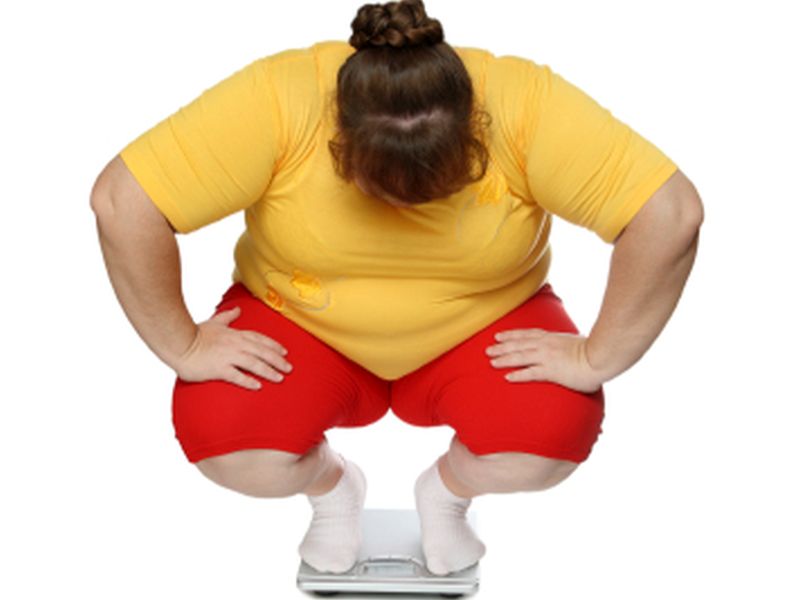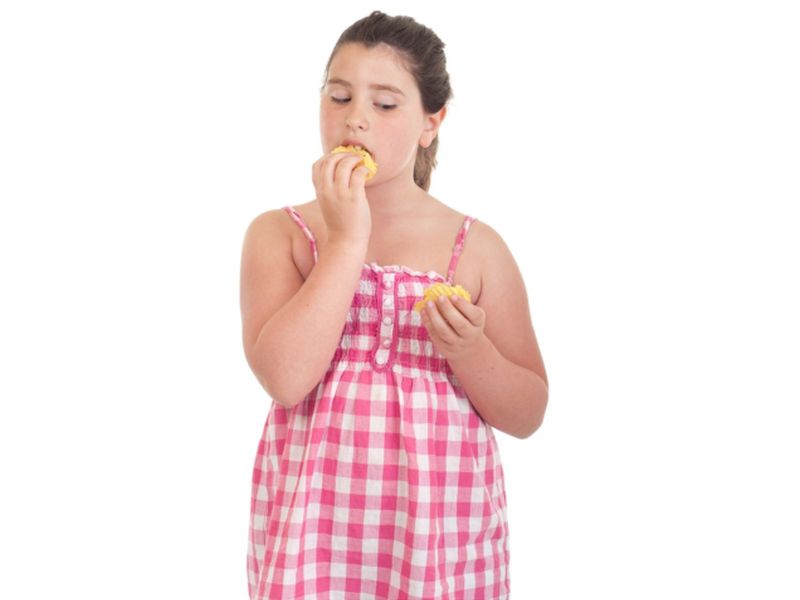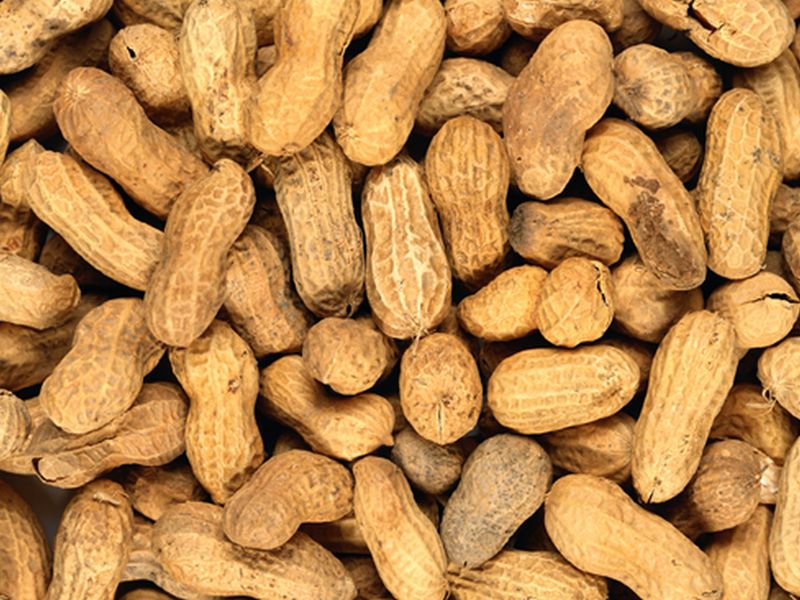
Sticking with a diet starts with having a plan that maps out meals and snacks based on foods that help you feel full longer. After all, if you feel satisfied, you’ll be less likely to rummage through your kitchen cabinets looking for treats. But sometimes cravings can get the better of you. You might be… read on >






























